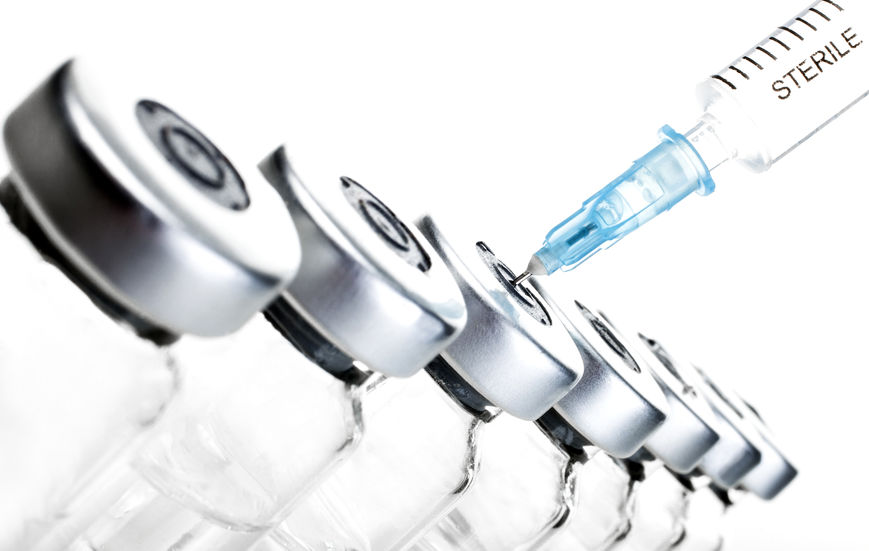
EMA greenlights two orphan drugs and two biosimilars
EMA's human medicines committee (CHMP) recommended six medicines for approval at its January 2019 meeting.
Two of six new meds to be approved in Europe are biosimilar medicines and have been backed by the European Medicines Agency (EMA) this month: Fresenius Kabi Deutschland GmbH’s Idacio (adalimumab) and Kromeya (adalimumab).
The CHMP adopted also a positive opinion for two orphan drugs: TEVA GmbH’s Ajovy (fremanezumab), for the prophylaxis of migraine and Pfizer Europe MA EEIG’s Vizimpro (dacomitinib) for the treatment of locally advanced or metastatic non-small cell lung cancer with epidermal growth factor receptor activating mutations.
Two generics were also greenlighted: Atazanavir Krka (atazanavir), for the treatment of HIV-1 infection in adults and children 6 years of age and older, and Febuxostat Krka (febuxostat), for the prevention and treatment of hyperuricaemia.
The Committee refused to grant a marketing authorisation for TLC Biopharmaceuticals’ Doxolipad (doxorubicin). Developed as a hybrid medicine, Doxolipad was expected to be used to treat breast and ovarian cancer.
Three companies withdrew their applications for marketing authorisations; STADA Arzneimittel AG’s Cavoley (pegfilgrastim), Gedeon Richter plc’s Efgratin (pegfilgrastim) and Chemocentryx’ Vynpenta (avacopan). Cavoley (pegfilgrastim) and Efgratin were intended to be used to reduce neutropenia. Vynpenta (previously known as AvacopanChemocentryx) was intended to be used to treat the blood vessel disorders granulomatosis with polyangiitis and microscopic polyangiitis. It was accepted in EMA’s PRIority Medicines (PRIME) scheme in May 2016


 Immunic/Nela Dorner
Immunic/Nela Dorner
